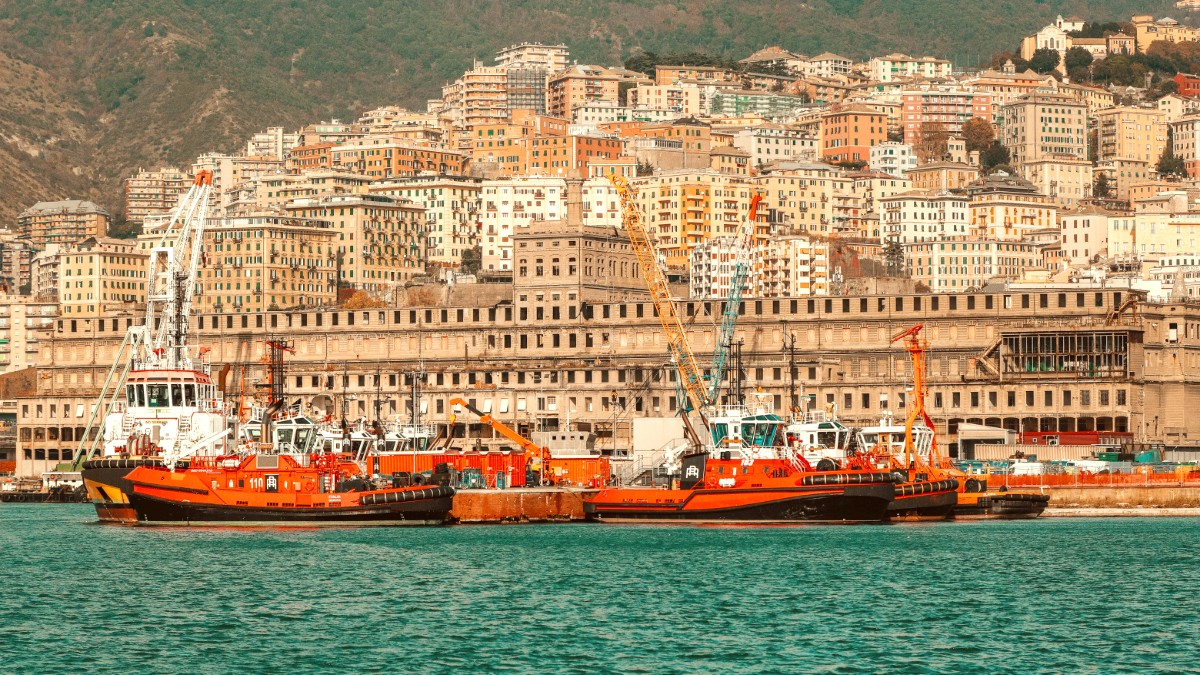
Liguria Piedmont And Valle Daosta, Italy
Staying connected in Genoa is straightforward, with various choices available. Italy's major mobile providers include TIM, Vodafone, and WindTre.
Italian is the official language. English is common in tourist areas, hotels, and major attractions. Language barriers may be in smaller local shops or traditional eateries.
Operating hours vary for shops, restaurants, and attractions. Many traditional shops observe a midday closure.
Banking hours are generally weekdays. Be aware of national and local holidays, as many establishments may close or reduce hours.
Learning a few basic Italian phrases like "Buongiorno" (good morning) or "Grazie" (thank you) makes a positive impression and eases interactions with locals.
Genoa's unique topography and historic infrastructure present challenges for travelers with mobility issues.
Genoa's hilly terrain, narrow cobblestone alleys ("carrugi"), and older buildings make navigation difficult. Many historic sites include steps and uneven surfaces.
Metro stations generally feature lifts and ramps. An increasing number of AMT buses include ramps and designated spaces for wheelchairs. Some older funiculars may have steps.
Porto Antico is largely flat and accessible, including attractions like the Aquarium and the Galata Museo del Mare. Major museums may offer audio guides or tactile exhibits.
Services exist at airports for a more comfortable travel experience, especially useful for frequent travelers or those facing flight disruptions.
Specific infrastructure for travelers with visual or hearing impairments may be less widespread than in some global cities. Major museums might offer audio guides or tactile exhibits; inquire directly with them.
For travelers with mobility considerations, planning ahead and directly contacting venues or transport services prior to arrival is advisable to check specific conditions.
Italians appreciate politeness and effort in communication. A few basic phrases can go a long way.
Churches are places of worship. A modest dress code and quiet demeanor are expected out of respect.
Italian dining is a social experience.
Casual attire is generally fine, but Italians favor a well-put-together look. Beachwear is for the beach only.
Being mindful of local customs and making an effort to speak a few Italian words truly enriches your travel experience in Genoa and builds positive interactions.
Managing your finances in Genoa is straightforward, with widespread card acceptance and ATM availability.
The official currency of Italy is the Euro (€). Credit and debit cards are widely accepted throughout Genoa, especially in larger establishments, hotels, and main tourist attractions.
ATMs, locally known as "Bancomat," are readily available 24/7 at bank branches, train stations, and shopping areas across the city. Most international credit and debit cards work.
While exchanging currency before arrival is possible, ATMs generally offer competitive exchange rates. Avoid exchanging money at airports, as rates there are often less favorable.
Dining costs vary greatly depending on your choices. Street food and local bakeries are budget-friendly. Mid-range restaurants offer good value. Fine dining is for special occasions.
Being prepared with a mix of payment methods, familiar with local costs, and aware of banking hours aids smooth financial transactions throughout your Genoa visit.